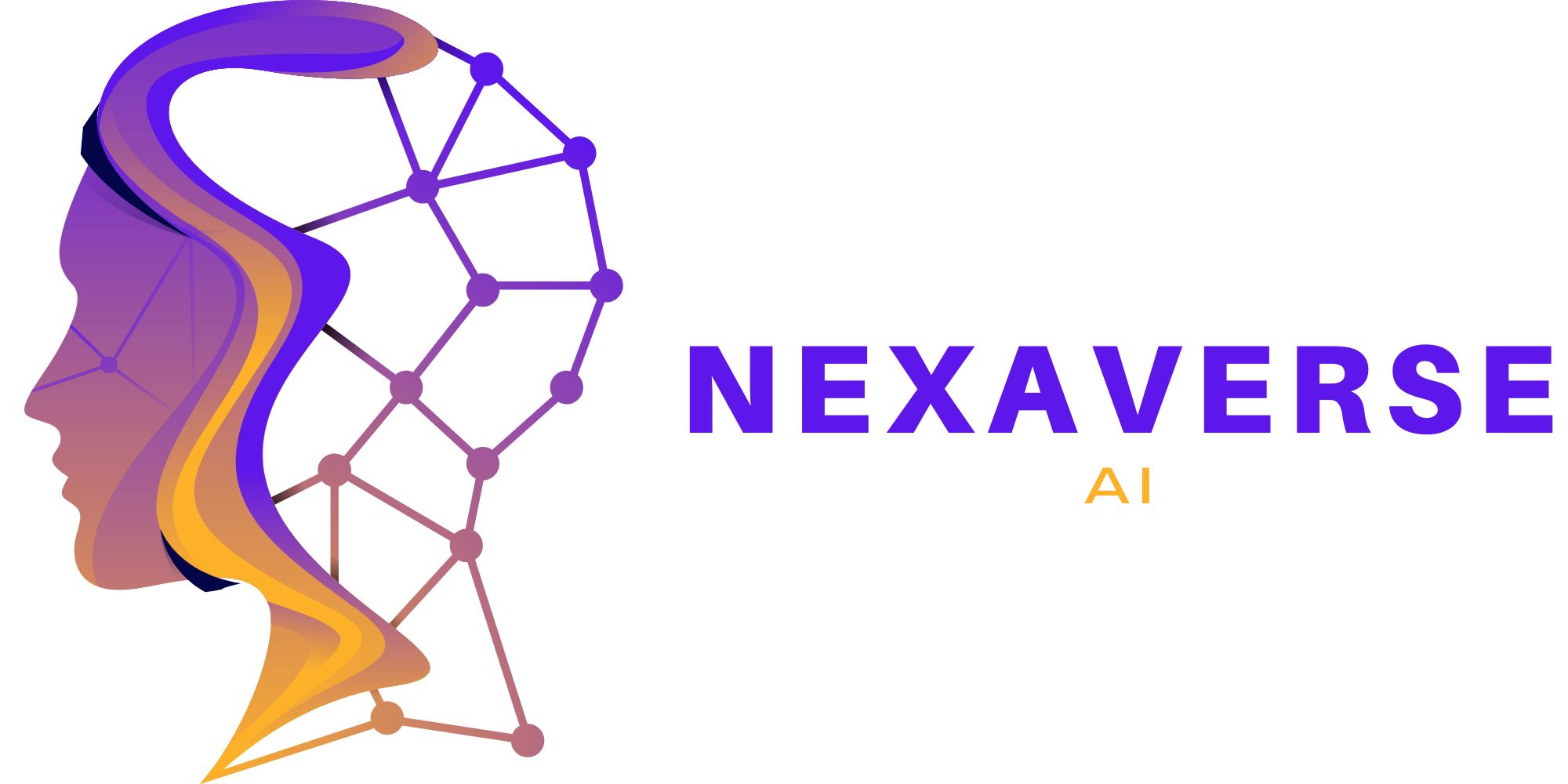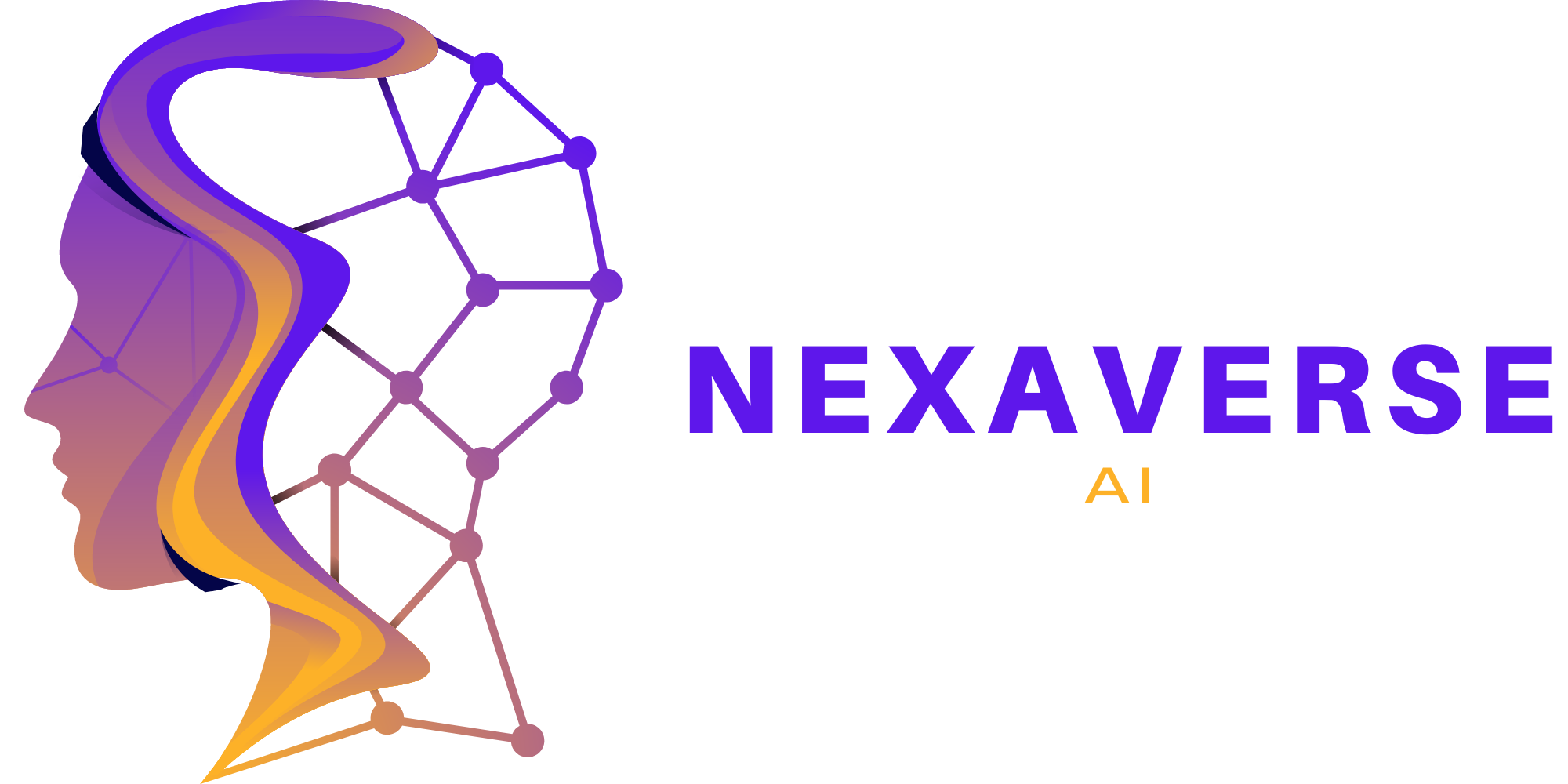Machine Learning in Business: How to Harness its Power for Success
Explore the power of machine learning in business and learn how to harness its potential for success. Discover real-life applications, implementation strategies, and future trends in this comprehensive guide.

Driving Business Growth with Machine Learning
In today's rapidly evolving business landscape, staying ahead of the competition is crucial. One technology that has gained significant traction in recent years is machine learning (ML). This transformative technology has the potential to revolutionize the way businesses operate, make informed decisions, and drive growth. In this comprehensive guide, we will explore the power of machine learning and how businesses can effectively harness its potential for success.
Unlocking the Potential of Machine Learning
Understanding Machine Learning: The Basics
Before diving into the applications of machine learning in business, it's essential to have a solid understanding of the basics. Machine learning is a branch of artificial intelligence that focuses on developing algorithms and models that enable computers to learn from and make predictions or decisions based on data. It involves the use of statistical techniques to empower computers to improve their performance over time without being explicitly programmed.
Why is Machine Learning Important for Businesses?
Machine learning offers businesses a wide range of benefits, including:
Improved Decision-Making:
- Machine learning algorithms can analyze vast amounts of data, identify patterns, and make accurate predictions. This enables businesses to make data-driven decisions, leading to improved outcomes and reduced uncertainty.
- Enhanced Customer Experience:
- By leveraging machine learning, businesses can personalize customer experiences, recommend relevant products or services, and provide tailored solutions. This not only improves customer satisfaction but also increases customer loyalty and retention.
- Optimized Operations:
- Machine learning algorithms can automate and streamline various business processes, leading to increased efficiency and productivity. From inventory management to demand forecasting, ML can optimize operations across different departments.
- Fraud Detection and Prevention:
- Machine learning algorithms can detect anomalies and patterns in data, enabling businesses to identify fraudulent activities and mitigate risks. This is particularly crucial in industries such as banking, insurance, and e-commerce.
- Competitive Advantage:
- By harnessing the power of machine learning, businesses can gain a competitive edge in the market. ML enables them to uncover insights, identify emerging trends, and adapt quickly to changing customer demands.
Implementing Machine Learning in Business
Now that we understand the value of machine learning in business, let's explore the key steps involved in implementing ML effectively:
1. Define Clear Objectives: Identify specific business problems or opportunities that can be addressed with machine learning. Set clear objectives to measure the success of ML implementation.
2. Gather and Prepare Data: Machine learning relies on quality data. Collect relevant data from various sources, clean and preprocess it to ensure accuracy and consistency.
3. Select the Right Algorithms: Choose appropriate machine learning algorithms based on the nature of the problem and the available data. Consider factors such as supervised learning, unsupervised learning, and reinforcement learning.
4. Train and Test Models: Train the selected machine learning models using the prepared data. Evaluate and validate their performance through rigorous testing to ensure accuracy and reliability.
5. Integration and Deployment: Integrate the trained ML models into existing business systems or applications. Continuously monitor and fine-tune the models for optimal performance.
Real-Life Applications of Machine Learning in Business
Machine learning has found numerous applications across various industries, transforming the way businesses operate and generate insights. Let's explore some real-life examples of ML in action:
1. Personalized Marketing and Recommendation Systems
E-commerce giants like Amazon and Netflix leverage machine learning to personalize product recommendations based on user preferences and behavior. ML algorithms analyze past purchases, browsing history, and demographic data to offer tailored suggestions, resulting in higher conversion rates and customer satisfaction.
2. Fraud Detection and Risk Management
Financial institutions use machine learning to detect fraudulent activities and mitigate risks. ML algorithms analyze transaction patterns, account behavior, and historical data to identify anomalies and flag suspicious transactions in real-time, preventing financial losses and protecting customers.
3. Predictive Analytics for Demand Forecasting
Retailers employ machine learning to predict customer demand and optimize inventory management. By analyzing historical sales data, market trends, and external factors, ML models can forecast demand accurately, reducing stockouts and overstock situations, ultimately improving profitability.
4. Customer Service Automation
Many businesses are adopting AI-powered chatbots and virtual assistants to automate customer service. Machine learning algorithms enable these virtual agents to understand customer queries, provide instant responses, and escalate complex issues to human agents. This leads to improved response times, enhanced customer experience, and cost savings.
5. Predictive Maintenance in Manufacturing
Manufacturing companies integrate machine learning into their maintenance processes to predict equipment failures and schedule maintenance proactively. ML algorithms analyze sensor data, historical maintenance records, and environmental factors to identify patterns that indicate potential failures. This prevents unexpected downtime, reduces maintenance costs, and optimizes production efficiency.
Overcoming Challenges in Implementing Machine Learning
While machine learning holds immense potential, its implementation can be challenging. Here are some common challenges businesses may face when adopting ML:
1. Lack of Quality Data
Machine learning relies on large volumes of quality data. Insufficient or inaccurate data can lead to biased models or inaccurate predictions. It's crucial to have robust data collection, cleaning, and preprocessing processes in place.
2. Skilled Talent Shortage
Implementing machine learning requires skilled data scientists, engineers, and analysts. However, there is a shortage of talent in the field. Businesses may need to invest in upskilling existing employees or collaborating with external experts.
3. Complex Integration with Existing Systems
Integrating machine learning models seamlessly into existing business systems can be complex. Compatibility issues, data privacy concerns, and scalability challenges need to be addressed during the integration process.
4. Ethical Considerations
Machine learning raises ethical concerns, such as privacy, bias, and fairness. Businesses must ensure transparent and responsible use of ML algorithms, adhering to legal and ethical guidelines.
The Future of Machine Learning in Business
As technology continues to advance, machine learning is poised to play an even more significant role in shaping the future of businesses. Here are some key trends to watch out for:
1. Explainable AI
With the increasing complexity of machine learning models, there is a growing need for explainable AI. Businesses will focus on developing interpretable models that can provide insights into the decision-making process, ensuring transparency and accountability.
2. Federated Learning
Federated learning allows multiple devices or organizations to collaborate and train ML models without sharing raw data. This approach enhances privacy and security while enabling broader and more diverse datasets for improved model performance.
3. Edge Computing and ML
Edge computing, combined with machine learning, brings data processing and analysis closer to the source, reducing latency and enhancing real-time decision-making. This is particularly beneficial in applications like autonomous vehicles, IoT devices, and remote monitoring.
4. Automated Machine Learning (AutoML)
AutoML aims to automate the machine learning process, including feature engineering, algorithm selection, and hyperparameter tuning. This empowers non-experts to leverage machine learning without extensive knowledge, democratizing its usage.
Machine learning has the potential to revolutionize businesses across industries, empowering them to make data-driven decisions, automate processes, and gain a competitive edge. By understanding the basics, implementing ML effectively, and overcoming challenges, businesses can harness the power of this transformative technology and pave the way for success in the future.
Frequently Asked Questions (FAQs)
Q. How can machine learning improve customer experience?
A. Machine learning enables businesses to personalize customer experiences by analyzing customer data, predicting preferences, and offering tailored recommendations or solutions. This enhances customer satisfaction, engagement, and loyalty.
Q. What are the ethical considerations in machine learning implementation?
A. Ethical considerations in machine learning include data privacy, bias, fairness, and transparency. Businesses must ensure responsible and transparent use of ML algorithms, addressing potential biases and safeguarding sensitive user data.
Q. How can businesses address the shortage of skilled ML professionals?
A. Businesses can address the shortage of skilled ML professionals by investing in upskilling existing employees, fostering collaborations with external experts or data science consultancies, and leveraging automated machine learning tools that require minimal expertise.
Q. What are some potential risks of machine learning implementation?
A. Some potential risks of machine learning implementation include biased decision-making, inaccurate predictions due to insufficient or low-quality data, integration challenges with existing systems, and privacy concerns. Businesses must proactively address these risks to ensure successful ML implementation.
Q. What are some emerging trends in machine learning for businesses?
A. Emerging trends in machine learning for businesses include explainable AI, federated learning, edge computing, and automated machine learning (AutoML). These trends focus on improving model interpretability, privacy, real-time decision-making, and democratizing ML usage.
Implementing machine learning requires a holistic approach, involving collaboration across different departments and continuous learning and adaptation. Businesses should also consider the legal and ethical implications of ML implementation.


